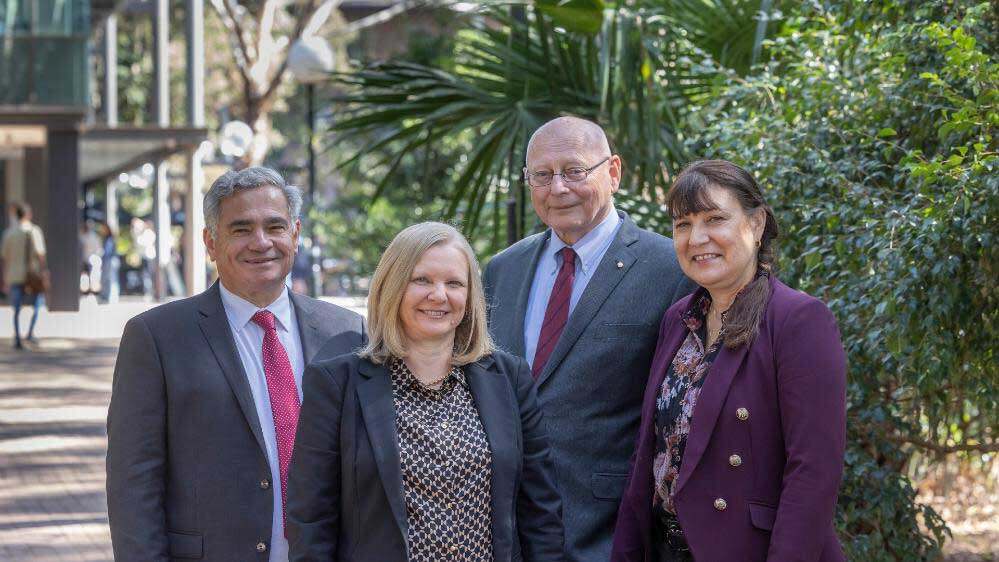Australian pharmaceutical company Phebra and the University of Wollongong (UOW) have announced a new six-year collaboration Agreement to continue promising research and development (R&D) and trials of patented and targeted arsenic compounds for the treatment of acute myeloid leukemias and pancreatic cancer.


The University’s medicinal chemistry research group, headed by Associate Professor Carolyn Dillon, commenced collaborations with Phebra in 2016. The patent for the anti-cancer agent was invented by Associate Professor Dillon and Dr Judith Carrall and was published in 2019. The new molecule uses a targeting system to deliver very low amounts of the active ingredient arsenic to specific cancers so that we can reduce the off target side effects and expand the therapeutic potential to difficult to treat cancers. The drug has shown positive outcomes in acute myeloid leukemia (AML) and pancreatic cell lines.
Phebra has already developed, PHENASEN®, an injectable arsenic trioxide solution for the successful treatment of haematological cancers such as acute promyelocytic leukaemia (APL). PHENASEN® is exported worldwide by Phebra to the Americas, Europe, UK, Africa and Oceania. The company has also completed a successful bioequivalence trial of an oral version of PHENASEN®in Australia.
Chief Executive Officer, Andre Vlok, said Phebra was pleased with the latest extension of its collaboration with UOW and is looking forward to the drug moving into human trials.
“Our work with UOW demonstrates Phebra’s ongoing commitment to bring new drugs to market for key unmet needs and to develop, locally manufacture and commercialise products which are the work of Australian researchers,” Mr. Vlok said.
“Phebra’s aim is to keep innovating – to research, develop and produce the medicines here in Australia, which in turn, also allows the next generation of university researchers to be trained in the expertise of pharmaceutical development.”
R&D director, Dr Mal Eutick, said that the work has shown immense potential and in conjunction with UOW they are looking at extending the potential of these targeted compounds to the treatment of other cancers such as mesothelioma.
“We have already developed a system for GMP production of the drug which will provide sufficient compliant material for our future trials,” Dr Eutick said.
The scientific basis of this work was recently accepted for publication in the Journal of Medicinal Chemistry, a high impact international journal that specialises in the chemical synthesis, characterisation and biological testing of potential therapeutic agents. The research was also presented by Associate Professor Dillon at the 20th International Conference on Biological Inorganic Chemistry in Adelaide in mid-July.
Associate Professor Dillon and Dr Carrall said they are pleased and excited to continue our collaboration with Phebra as they move into the next stage of rigorous trials.
“This comes from many years of hard work and perseverance as we progressed from concept to biological testing. The work stems from practices that we teach in the UOW Bachelor of Medicinal Chemistry Degree and allows our post graduate students to see first-hand the processes involved in drug design, development and marketing,” Dr Carrall said.
UOW Deputy Vice-Chancellor and Vice-President (Research and Sustainable Futures) Professor David Currow said UOW recognises the power of corporate collaboration to fire innovation.
“By bridging academia and industry, such partnerships foster a dynamic exchange of knowledge, ideas, and resources. These collaborations drive real-world impact and have the potential to propel medicine forward in remarkable ways.”
“The ability to develop and manufacture new medicines in Australia helps directly to address pressing clinical needs while building our knowledge economy.”






































